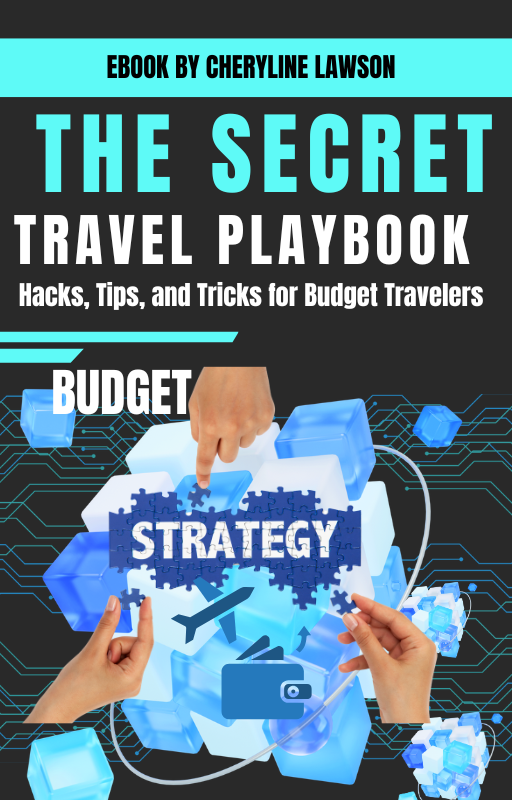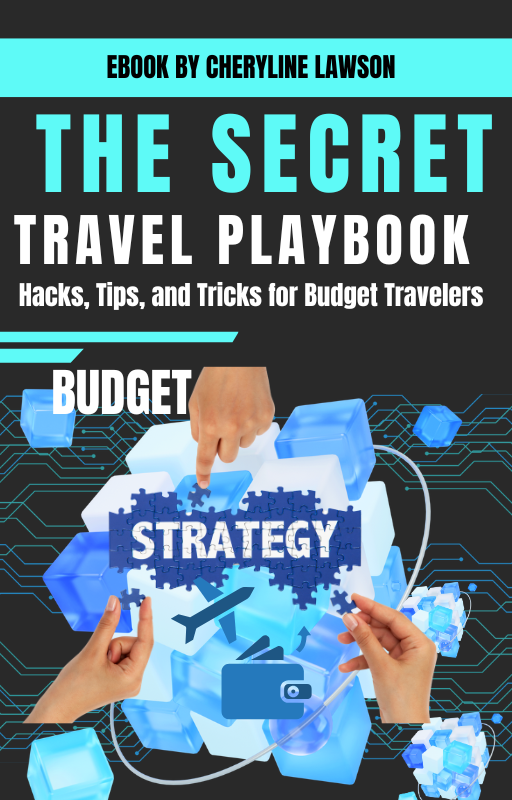
How to Book Cheaper Flights
Finding affordable flights can significantly enhance your travel experience, allowing you to allocate more of your budget toward activities and accommodations. One of the most effective strategies to secure cheaper flights is utilizing flight comparison websites. These platforms aggregate fares from various airlines and travel agencies, making it straightforward to compare prices. Popular sites like Skyscanner, Google Flights, and Kayak can help reveal the most economical options available for your desired travel dates.
Timing is also critical when booking flights. Research indicates that the optimal time to purchase airline tickets varies by destination, but generally, booking three to six weeks in advance yields the best prices. Additionally, specific days of the week, such as Tuesdays and Wednesdays, often feature lower fares compared to weekends. Understanding these nuances can play a vital role in finding an economical airfare.
Flexibility with travel dates is another strategy that can lead to significant savings. Most flight comparison tools allow users to view prices across a range of dates, helping identify the cheapest options. By avoiding peak travel periods or considering flying on lesser-known days, travelers can often uncover hidden savings.
Signing up for fare alerts is crucial for those eager to catch discounted flights. Numerous travel platforms offer notifications for price changes on specific routes. This proactive approach ensures that you remain informed about potential fare drops, enabling you to seize impressive deals as they arise.
Furthermore, considering alternative airports can add to your savings. Major cities often have multiple airports, and flying into or out of a secondary airport can sometimes result in lower fares. Likewise, opting for layover flights instead of direct routes may reduce overall costs despite extending travel time.
Packing to Avoid Baggage Fees
Planning for a trip can often feel overwhelming, particularly when it comes to packing. A major concern for many travelers is avoiding baggage fees, which can significantly increase the overall cost of a trip. To circumvent these additional charges, choosing the right luggage is the first crucial step. Opt for a high-quality carry-on bag that complies with airline size regulations. This will not only save you money but also grant you the convenience of having your belongings close at hand.
Efficient packing is essential for maximizing space in your carry-on. One effective strategy involves using packing cubes. These versatile containers help compartmentalize clothing, making it easier to find essentials without creating a disorganized mess. Additionally, they allow for tighter packing, thus optimizing the available space. Layering items in these cubes based on the type or duration of use can eliminate unnecessary bulk.
Another essential tip for packing efficiently is to select multi-purpose clothing. Choose fabrics that are lightweight and can serve multiple functions, such as a scarf that can double as a blanket or a dress that can be worn for both daytime activities and evening outings. By incorporating dual-purpose items into your suitcase, you can significantly reduce the number of garments needed for your trip.
Traveling light not only alleviates the stress of carrying heavy bags but also enhances your overall travel experience. With fewer items to manage, you can navigate through airports, train stations, and cities more easily. Furthermore, it offers flexibility; you can easily adapt to various situations without feeling burdened by excessive luggage. By implementing these simple yet effective strategies, you can successfully avoid baggage fees and travel with peace of mind, allowing you to focus on enjoying your journey.
Booking Lower Cost Accommodations
When planning a budget-friendly trip, securing lower cost accommodations is crucial for maximizing your savings. There are several options available that can help travelers find affordable lodging, such as hostels, vacation rentals, and budget hotels. Each of these choices has its own advantages, catering to different preferences and needs. Hostels are an excellent option for solo travelers or those looking to meet new people, offering dormitory-style rooms at significantly reduced prices. Moreover, vacation rentals, often found through platforms like Airbnb and Vrbo, provide the comfort of home while frequently being more economical than traditional hotels.
A strategic approach to finding deals is essential. Utilize reputable booking platforms that often feature discounted rates and special offers. Many of these websites provide comparison tools that allow users to assess prices across multiple accommodations, ensuring the best possible deals. It is also advisable to look for properties located outside of busy tourist areas. While these may require additional transportation, they typically offer lower prices, a more authentic experience, and the opportunity to explore local neighborhoods, enhancing the overall trip.
Reading reviews is another paramount step in the booking process. Websites such as TripAdvisor or Booking.com provide invaluable user-generated perspectives so potential guests can gauge the quality of accommodations. Reviews often highlight cleanliness, customer service, and issues that may not be evident in property descriptions. Furthermore, consider less conventional lodging options such as home exchanges, where travelers swap homes for their vacations. This arrangement can offer significant savings and a unique living experience. The key to booking lower cost accommodations lies in thorough research, flexibility, and being open to alternative lodging possibilities.
Smart Spending on Food and Other Budget Tips
Traveling on a budget does not mean compromising on culinary experiences or activities. One of the most effective strategies for saving money while eating on the go is to seek out local markets. These markets often offer fresh produce, local delicacies, and an array of affordable options that reflect the country’s culture. By purchasing snacks or ready-to-eat meals from these vendors, travelers can enjoy authentic cuisine without overspending.
Another enticing alternative is dining at street food stalls. Street food not only caters to a variety of tastes but also provides insight into local culinary traditions. Eating at these stalls can be both delicious and economical, allowing travelers to try multiple dishes without breaking the bank. Additionally, many accommodations now come equipped with kitchens. Utilizing these facilities can offer substantial savings, as preparing meals at home is generally less expensive than dining out for every meal.
Beyond food, effective budget travel requires planning and foresight. Creating a daily budget is essential, as it helps travelers track their expenses and gauge how much they can spend on necessities, including meals, transportation, and entertainment. Prioritizing free activities such as hiking, visiting museums on designated free days, or exploring local parks can immensely enrich the travel experience while keeping costs down.
Using public transportation is another great way to save money while exploring new destinations. It is typically more affordable than taxis or rideshare services and allows travelers to immerse themselves in the local ambiance. Furthermore, taking advantage of discounts, city passes, or tourist packages can significantly cut down on costs for attractions, ensuring travelers get the most value for their money.
By employing these strategies, travelers will find that it is possible to enjoy fulfilling experiences without overspending. Smart spending on food, along with careful budgeting and planning, can lead to a rewarding and cost-effective adventure.
CLICK HERE to get the ebook, “The Secret Travel Playbook: Hacks, Tips and Tricks For Budget Travelers.”


